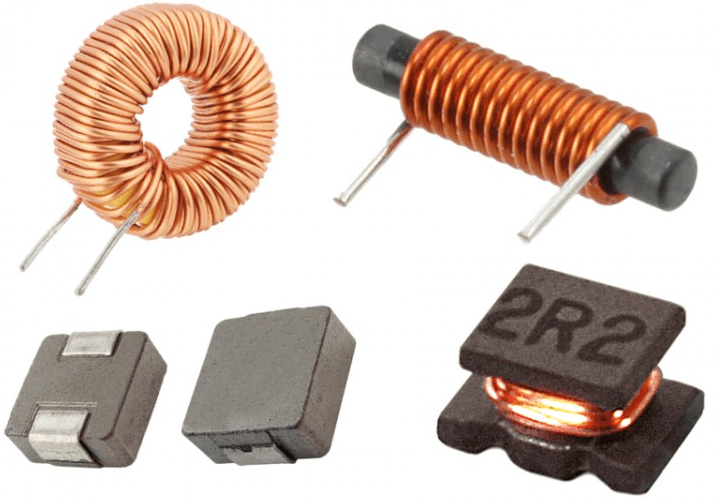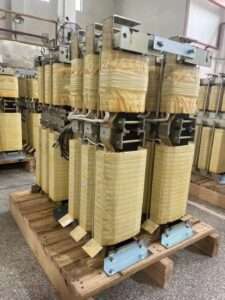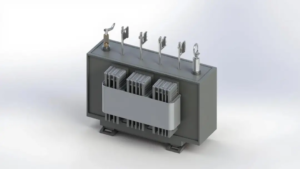Effective DC-DC Converter Inductor Selection for Optimal Performance
In the realm of electronics, ensuring stable and noise-free power is paramount. Converters play a crucial role in managing power from various sources, including the grid. This guide focuses on the critical aspect of DC-DC converter design – the selection of the right inductor. Understanding the role of inductors and making informed choices can significantly impact the efficiency and reliability of your power conversion systems.
The Role of Inductors in DC-DC Converters: Inductors in the output stage of DC-DC converters are vital for voltage regulation, ensuring the output voltage remains at a desired value despite input fluctuations. Different topologies require inductors to perform specific functions, whether stepping up or stepping down the voltage. We will explore the significance of inductor selection across various converter topologies.

Key Considerations for Inductor Selection
Selecting the Right Inductor: Choosing an inductor involves several critical parameters, including current rating, coil resistance, and saturation current. The goal is to minimize power loss while ensuring the inductor can handle the maximum current without saturation. Additionally, the inductance value and its behavior at different frequencies are essential factors, especially in systems utilizing PWM signals at high frequencies.
DC-DC Converter Topologies and Inductor Functions: Inductors serve dual purposes in buck, boost, and Cuk converter topologies: energy storage during switching and ripple reduction on the output. The choice of inductor value is pivotal in determining the converter’s performance, affecting ripple current and the efficiency of power transfer.
Advanced Converter Topologies – LLC Resonant Converters
LLC Resonant Converters: LLC resonant converters utilize a combination of inductors and transformers to achieve voltage regulation through resonance. Selecting the correct inductance and capacitance values is critical for operating near the resonance frequency, allowing for efficient power conversion with minimal losses.

The selection of inductors for DC-DC converters is a nuanced process that significantly affects the performance and efficiency of power conversion systems. By understanding the requirements of different converter topologies and considering key parameters, designers can ensure optimal converter functionality.




